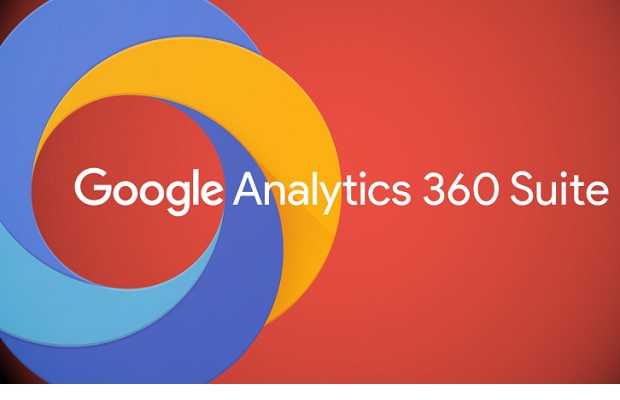Google has launched a new set of analytics tools, aimed at large firms looking to get more insights from today’s multi-screen consumers, taking on the likes of Adobe, Oracle, Salesforce and even Facebook Atlas.
Available as a beta test, the Google Analytics 360 Suite is a set of integrated data and marketing analytics tools, designed specifically for marketers at large companies that need to transition their practice to facilitate consumers’ multi-screen media consumption.
The suite marks Google’s long awaited move into offering a data management platform (DMP), something missing from its previous analytics offering to customers.
In simple terms, a data management platform is a data warehouse. It works as a piece of software that processes information at presents it in a way that’s useful for businesses.
For marketers, they’re often used to manage cookie IDs and to generate audience segments, which are then used to target specific users with online ads.
‘Entire path to purchase’
Google claims the new suite lets marketers see the entirety of their customers’ path to purchase and develop audience insights.
The suite can integrate with other tools such as AdWords and DoubleClick along with third party platforms.
The package also contains rebranded and updated versions of Tag Manager, Analytics and Attribution which will now benefit from additional features.
Google, which acquired attribution platform Adometry, says its attribution has been “rebuilt from the ground up”. Changes to this part of the system will roll out over the next two months.
View this Google case study, which shows how hair brand L’Oreal worked with The Analytics 360 Suite:
Taking on the analytics giants
The new offering pits Google directly against similar offerings from Adobe and Oracle.
“Sophisticated marketers who use analytics platforms are three times more likely to outperform their peers in achieving revenue goals. It’s no wonder enterprise-class marketers have been telling us they need more from their marketing analytics tools. Many toolsets can’t cope: They’re too hard to use, lack sufficient collaboration capabilities, are poorly integrated, and require hard-to-find expertise,” said Paul Muret, Vice President of Analytics, Display, and Video Products, Google, in a blog post promoting the launch.
The biggest marketing platforms have all made data a key differentiator, as embodied in Oracle’s BlueKai, Adobe’s Audience Marketplace or Salesforce’s Wave. But Google Analytics holds a special place in marketers’ toolkit, and now this new platform is joining up the data around the entire Google system.
The Suite consists of six tools, the first four of which are new:
Audience Center 360 (beta): This is Google’s first data management platform (DMP), and as one might expect, it is natively integrated into DoubleClick and AdWords. It can also be utilized with other demand-side platforms (DSPs).
Optimize 360 (beta): A site testing and personalization product for delivering and testing multiple versions of visitor experiences. This is designed for A/B testing, for example, of two different landing pages which have been created in another tool.
Data Studio 360 (beta): Data analysis and visualization that generates dashboards and reports. Google says that the real-time sharing and collaboration draws on the technology used in Google Docs.
Tag Manager 360 (beta): Although based on a tag manager feature in Google Analytics, this product is considered new because it is now a full standalone product.
Attribution 360, formerly known as Adometry. Based on an existing product, Google says this was “rebuilt from the ground up” so that marketers can attribute sales and other results across channels.
Analytics 360, formerly known as Google Analytics Premium, the enterprise version of the workhorse site measurement product. The tech giant said this product will “serve as the measurement centerpiece by analyzing customer data from all touch-points,” with integration into the company’s ad products.
All this comes as Google wants to convince brand-side marketers that DoubleClick is not just a tool for performance marketing activity and its ad tech platform is an ideal tool for creating brand preference.
